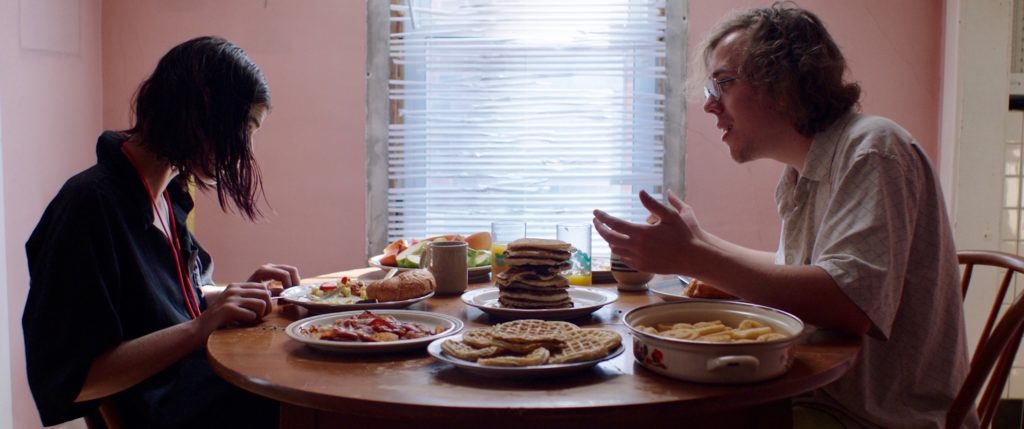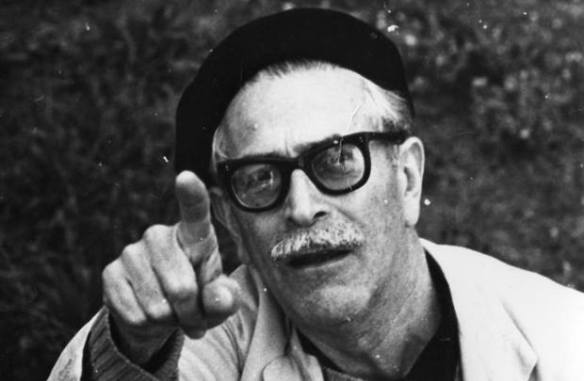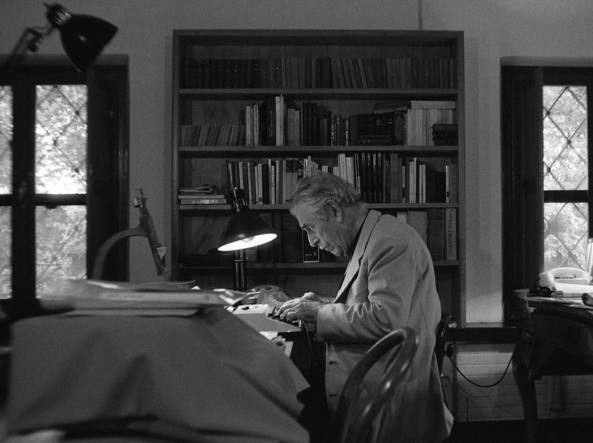Article by Angelo Elia
Translated by Valeria Collavini
Every revolution opens the way to unlimited possibilities and presents a challenge to everyone’s ability to imagine a new future, hoping not to be let down. Let’s consider the example of the Haitian Revolution: almost simultaneous to the French one, it was the only slave insurgency that led to the establishment of an independent state, Haiti. The rest of its history is unfortunately known to be less glorious: a long, sad series of misfortunes, dictatorships, and economic and even natural disasters. More than two hundred years later, European directors Louis Henderson and Olivier Marboeuf come together with a group of Haitian actors to reflect upon the legacy of the Haitian Revolution through the story of one of its best-known protagonists, Toussaint Louverture. To tell his story they start from the ending, namely in France.
Continua la lettura di “OUVERTURES” By THE LIVING AND THE DEAD ENSEMBLE






















